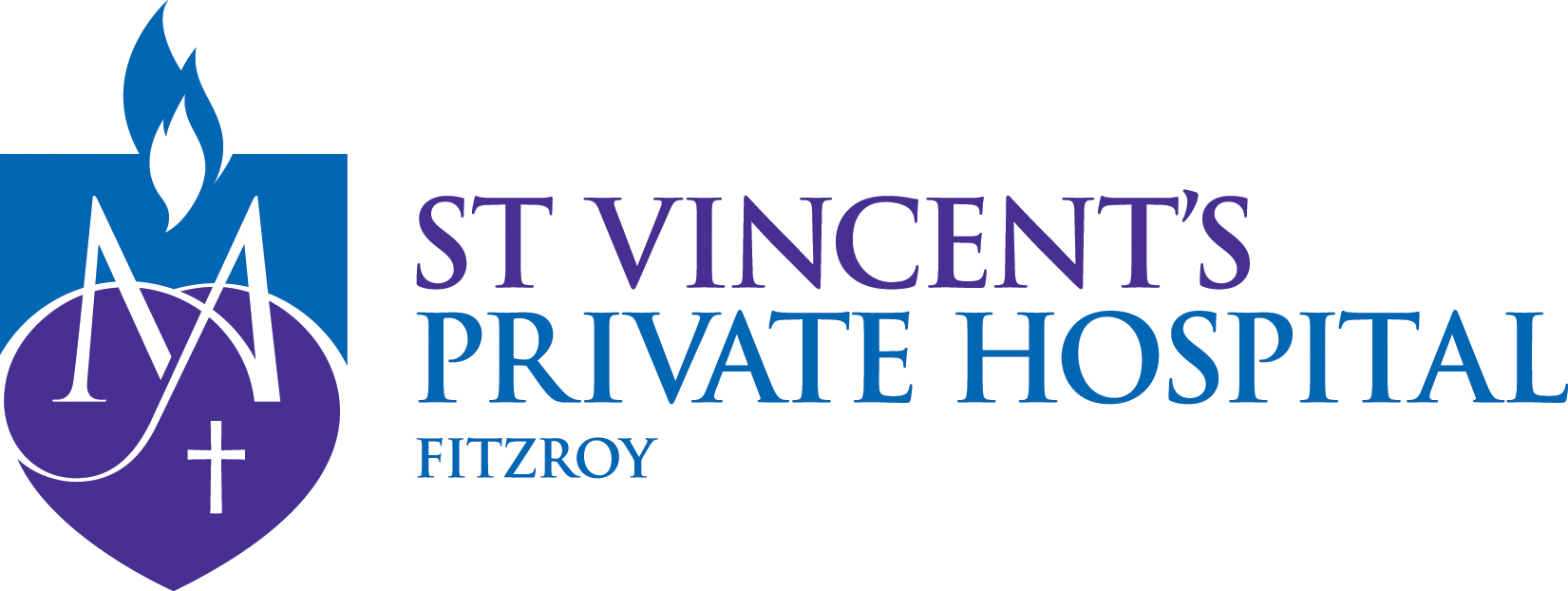Free psychological support
- Home
- Services
- Maternity (Obstetrics)
- Fitzroy
- Services and Facilities
- Free psychological support
Depression and anxiety during pregnancy and the first year of parenting affect around 20% of mothers and 10% of fathers.
.png?mode=crop&width=515&height=450&quality=80)
During pregnancy
Many expectant mothers and their partners experience stress and anxiety.
Here at St Vincent’s Private Hospital Fitzroy, we offer the unique mental wellbeing services managed by Gidget Foundation.
We not only take care of your physical health during your pregnancy and postnatally, we understand the importance of ensuring you feel supported emotionally through the sometimes challenging period of becoming a parent.
Perinatal depression and anxiety
What is perinatal depression and anxiety?
Perinatal depression and anxiety is a serious condition that needs professional help.
It shouldn’t be confused with the ‘baby blues’ that often occur 3 to 5 days after giving birth. Baby blues causes feelings of teariness and anxiety. It affects around 80% of new mothers. It goes away when simple reassurance is given to the new mum.


Accessing Gidget House
We have a centre called ‘Gidget House’ within our maternity ward which specialises in the treatment of mothers-to-be and new parents experiencing these feelings. Mothers who have given birth at St Vincent’s Private Hospital Fitzroy and their partners can participate.
You need to get a referral from your GP. This will enable you to attend 10 free face-to-face sessions with a clinical psychologist. If you can’t attend face-to-face, the program can also be provided by video conference.
Gidget Foundation also offers free online courses, targeted at mums and dads. Keep an eye out on our Baby social media page for when sessions are announced.
Please feel free to book an appointment by emailing Gidget House at contact@gidgethouse.org.au
What causes perinatal depression and anxiety?
Risk factors for perinatal depression and anxiety may include:
- Lack of emotional and/or practical support from family and friends
- Lack of support or understanding from partner
- Stress, such as related to finances, work or moving house
- Certain personality types e.g. a perfectionist personality
- Previous personal or family history of mental health issues
- Previous emotional trauma
- A recent bereavement
- Being less than 18 years old or over 35 years
- Living in a rural or remote location
- Coming from an Aboriginal or Torres Strait Islander culture
- Coming from a culturally or linguistically diverse background
What are the symptoms?
Perinatal depression and anxiety can have a wide range of symptoms including:
- Feeling like you can’t cope
- Feeling sadder than usual
- Constant worrying
- Feeling worthless
- Finding it harder to do daily tasks
- Withdrawing from family and/or friends
- Lack of connection with your baby
- Changes in appetite and/or sleep
- Loss of concentration
- Losing interest in sex or intimacy
- Extended periods of irritability and anger
- Thoughts of self-harm or suicide
Related content

Room service
You and your partner can enjoy delicious, freshly-prepared meals from room service.
Read More
Maternity physiotherapy
You’ll recover faster from the birth of your baby if you look after yourself.
Read More
Exclusive private rooms
Choose us and you’ll be staying in a beautifully appointed private suite.
Read More